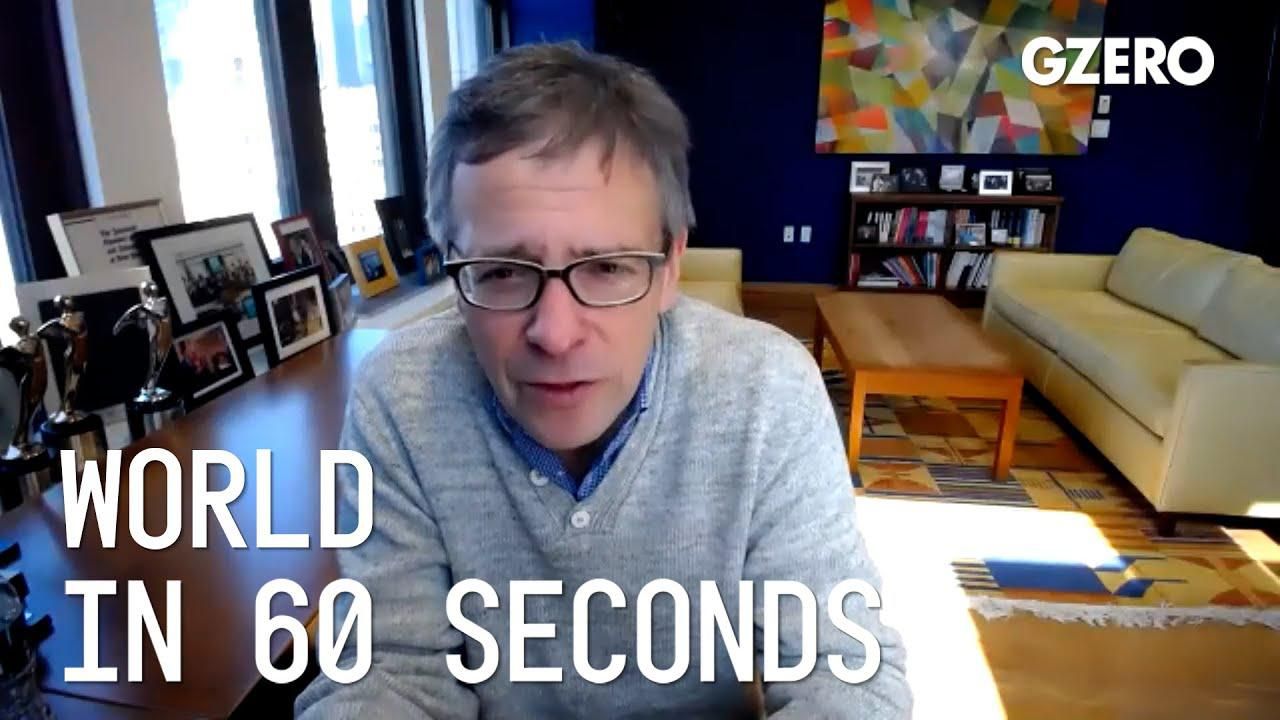Ian Bremmer shares his perspective on global politics this week:
We'll start in Brazil. Will Lula run for president and seriously challenge Bolsonaro?
And the answer is, it increasingly looks that way. The Supreme Court threw out former President Lula's former conviction, saying they didn't have jurisdiction. And the court that he was actually charged, court members were surprised by this. Lula's own PT party surprised by this. It means a couple of things. One, he's much more likely to run. He's extremely popular on the left. His PT party has about 20% approval in the country. And that means that between Bolsonaro, the president, and Lula on the left, there's very little room in the center. This is going to be an incredibly contentious and polarized election, much more so than in the United States, even this past November.
What is happening in Senegal?
Well, it's one of the more democratic countries in Africa and in West Africa. And you have a former presidential candidate who didn't do very well, but nonetheless, young guy, quite popular, particularly on anti-corruption issues. This guy, Ousmane Sonko, he's all of in his 40s right now and he has been arrested for and charged with rape. I have literally no idea the merit of the charges, but what we know is that previously around presidential elections and opposition candidates, they've often found trumped up charges to get rid of them in contestation of the sitting president. That together with the fact there is a lot of corruption in Senegal right now and the economy's not doing so well, led to big demonstrations and a number of people, it looks like eight so far, that have been killed and that has the potential. He's been released. But this is a dicey situation. Senegal could be in a lot of trouble going forward.
And did I watch the Harry and Meghan interview?
No, no, I did not. Why? Because it's the Royals and because I don't care about the Royals. The Royals are basically a tourist mechanism in the United Kingdom and that's fine. There's nothing wrong with having something that attracts some money and some eyeballs. But we have that in the United States. It's called Disneyland. And I don't watch interviews with Mickey Mouse, either. So, it's okay. Some people will be annoyed that this is my position, but it is my position. I don't care about the Royals, I don't really want to talk about them and we'll move on to other geopolitical issues that matter next week.
More For You
As expected, the Supreme Court struck down the bulk of Donald Trump's sweeping “Liberation Day” tariffs as illegal … and almost nothing changed.
Most Popular
What’s Good Wednesdays™, February 25, 2026
Small businesses at a crossroads
Chris, an Army veteran, started his Walmart journey over 25 years ago as an hourly associate. Today, he manages a Distribution Center and serves as a mentor, helping others navigate their own paths to success. At Walmart, associates have the opportunity to take advantage of the pathways, perks, and pay that come with the job — with or without a college degree. In fact, more than 75% of Walmart management started as hourly associates. Learn more about how over 130,000 associates were promoted into roles of greater responsibility and higher pay in FY25.
Somewhere in the Donbas region, Ukrainian soldier Artem Bondarenko says he hasn’t slept through the night in months as he defends Eastern Ukraine.
In the latest episode of Vladimir Putin and Xi Jinping's hit wellness podcast This Authoritarian Life, we learn how positive communication patterns can break negative cycles in our relationships -- especially our relationships with Iran, Syria, Venezuela, and Cuba. #PUPPETREGIME
